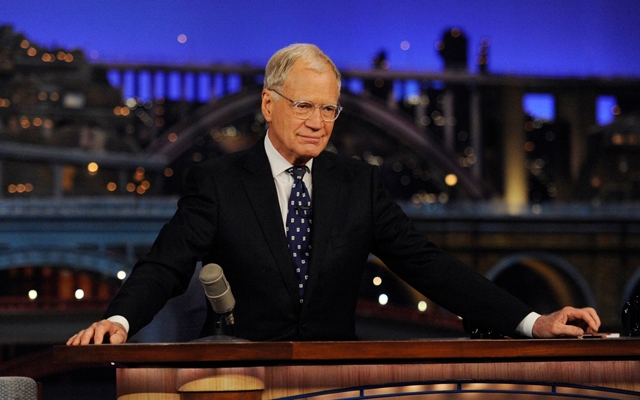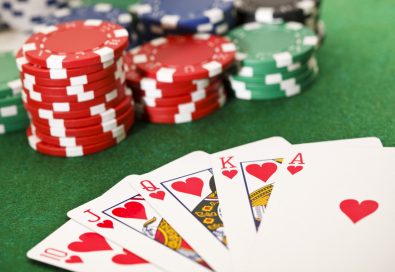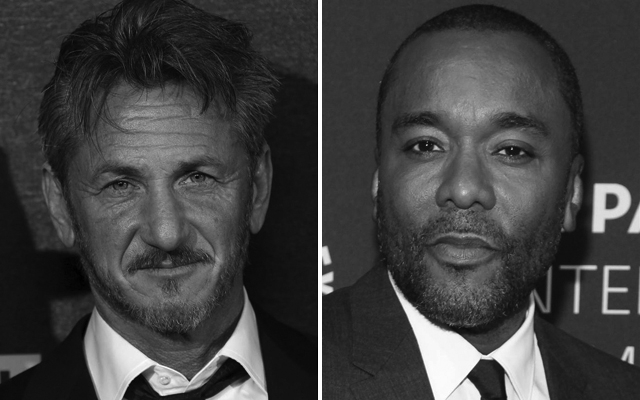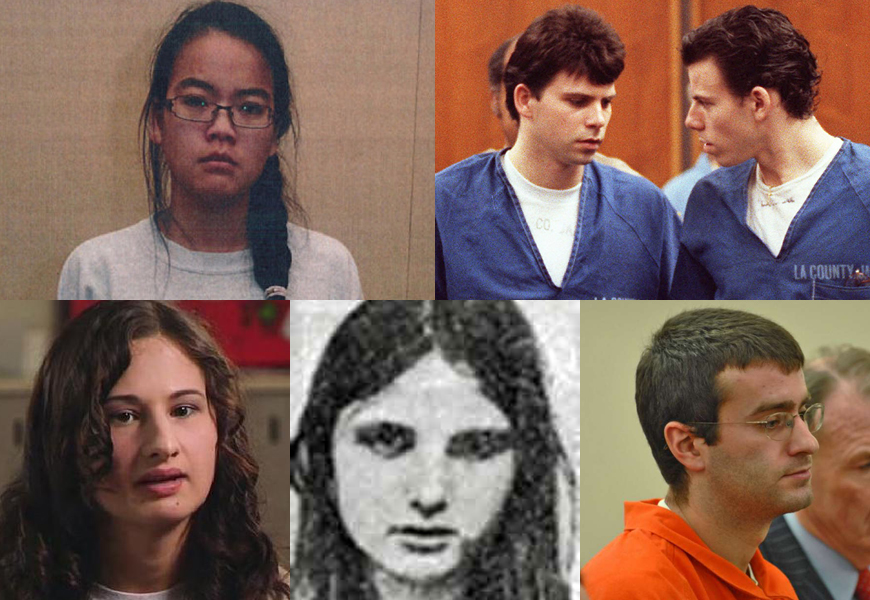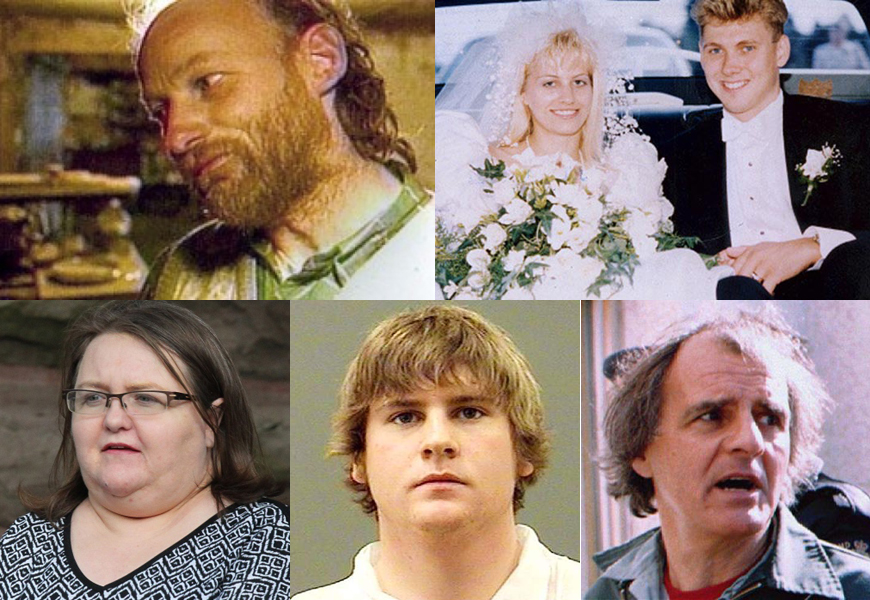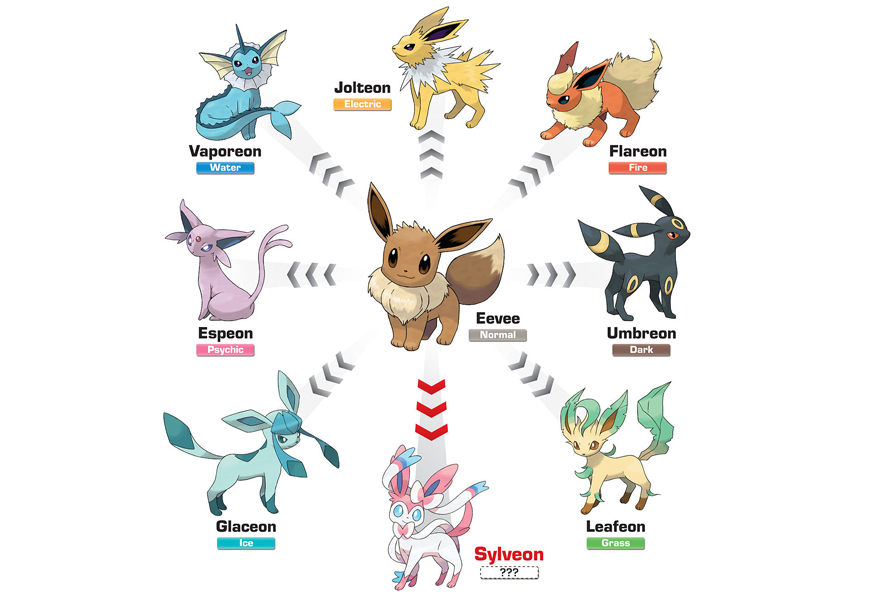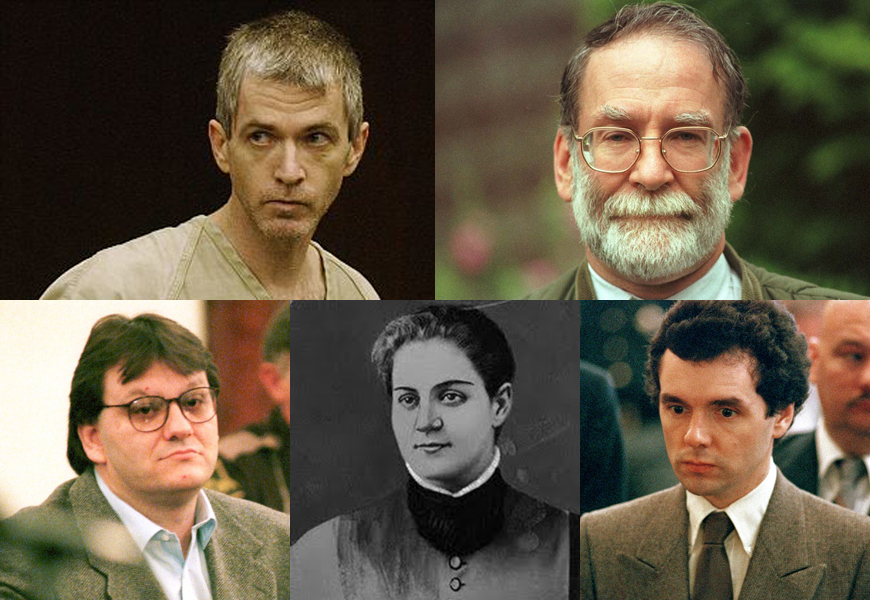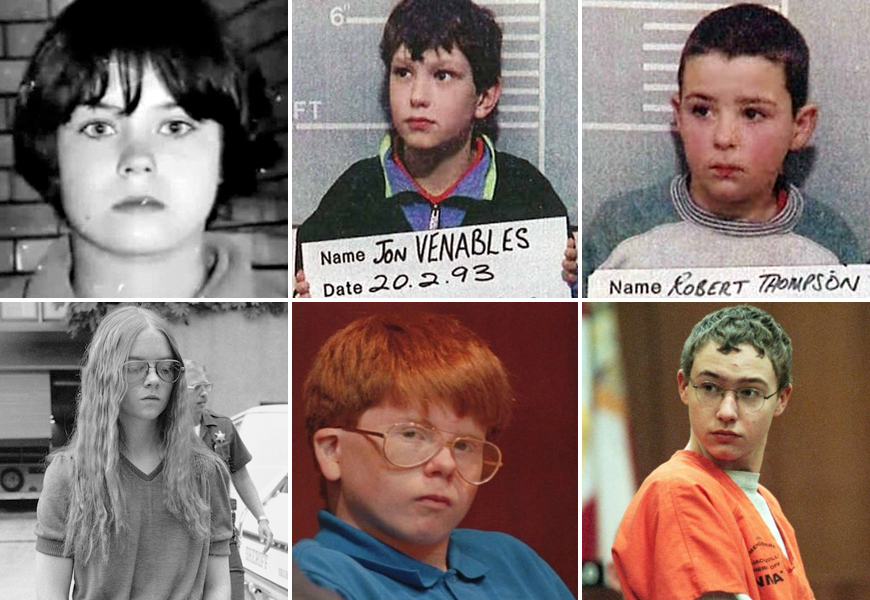After 33 years on television and 22 on his current network, the lights went out last night on The Late Show With David Letterman. While we anxiously await the arrival of successor Stephen Colbert, we also mourn the loss of one true original. No matter your opinion, the praises pouring in from Hollywood, the music industry, and even the White House, make Letterman’s legacy blatantly apparent. It’s easy to see why too. While the foundation of the late night talk show was laid out by Johnny Carson, Jack Paar, and Steve Allen, David Letterman evolved and explored the genre like no other. Even when his contemporaries were handed keys to the bigger house, Letterman’s creativity, execution, and class didn’t falter.
Before he tossed things off of buildings, raced on rocket chairs, and brought on dogs to fetch beer, Letterman began his craft on local television. In 1966, while working for his hometown station WBST, he was let go for (as the Indiana Public Radio website recalls) treating classical music with irreverence. If anything else, this dismissal was to be a sign of Letterman’s later successes. David Letterman wanted to do what he wanted to do, not just what an executive thought was appropriate. He knew there was a young, hip audience waiting for a late night voice, and he was going to be the one delivering it to the masses.
David Letterman wasn’t your parents’ favorite show, it was your favorite show. You might have been allowed to watch Johnny Carson when you were a kid, but when college came around, you stayed up for the Late Show. That’s because while Carson was safe, expected and clean cut, Dave was punk. Dave was challenging, experimental, and just plain cool. Not only would that cool factor come through the guests he had on, but it was even more obvious by the music showcased on a nightly basis. The Late Show seemed to curate the best up and coming artists before we even knew their names. What other show had the Strokes on in 2002, Weezer in 1995, and most recently, Future Islands twice in little under a year?
New artists aside, when your favorite musician dropped a new single, you could expect them on the show. And when they did make an appearance, they gave it their all. Whether the Beastie Boys rapping through the streets of New York, or Janelle Monae dancing her butt off, Letterman did music big. Who else could pull off a week-long Paul McCartney concert on their rooftop?

Letterman was a man confident behind the desk. Even when guests like Crispin Glover, Drew Barrymore, and Bill O’Reilly were bonkers and sometimes, downright off-putting, the host was always in control. David didn’t wrangle his guests, he examined them. When Joaquin Phoenix came to visit in his bizarre alter ego, Letterman playfully poked and prodded. Where it could have been just as easy to dismiss or ignore, The Late Show was Dave playing ball with characters and opinions we wanted to see explored even further.
Letterman rebranded and reoriented late night. In a genre forever oversaturated, David Letterman maintained his relevance and upped the cool factor. The Late Show gave new audiences a reason to tune in every night. While new generations tune into Fallon, Kimmel, and Conan, these hosts will be the first to admit how indebted we all are to The Late Show. When David Letterman steps away from the spotlight this week, we’ll be losing one the best. As we are reminded of the man’s lasting influence, last night’s final episode of The Late Show is one to be celebrated. It truly is the end of an era.

